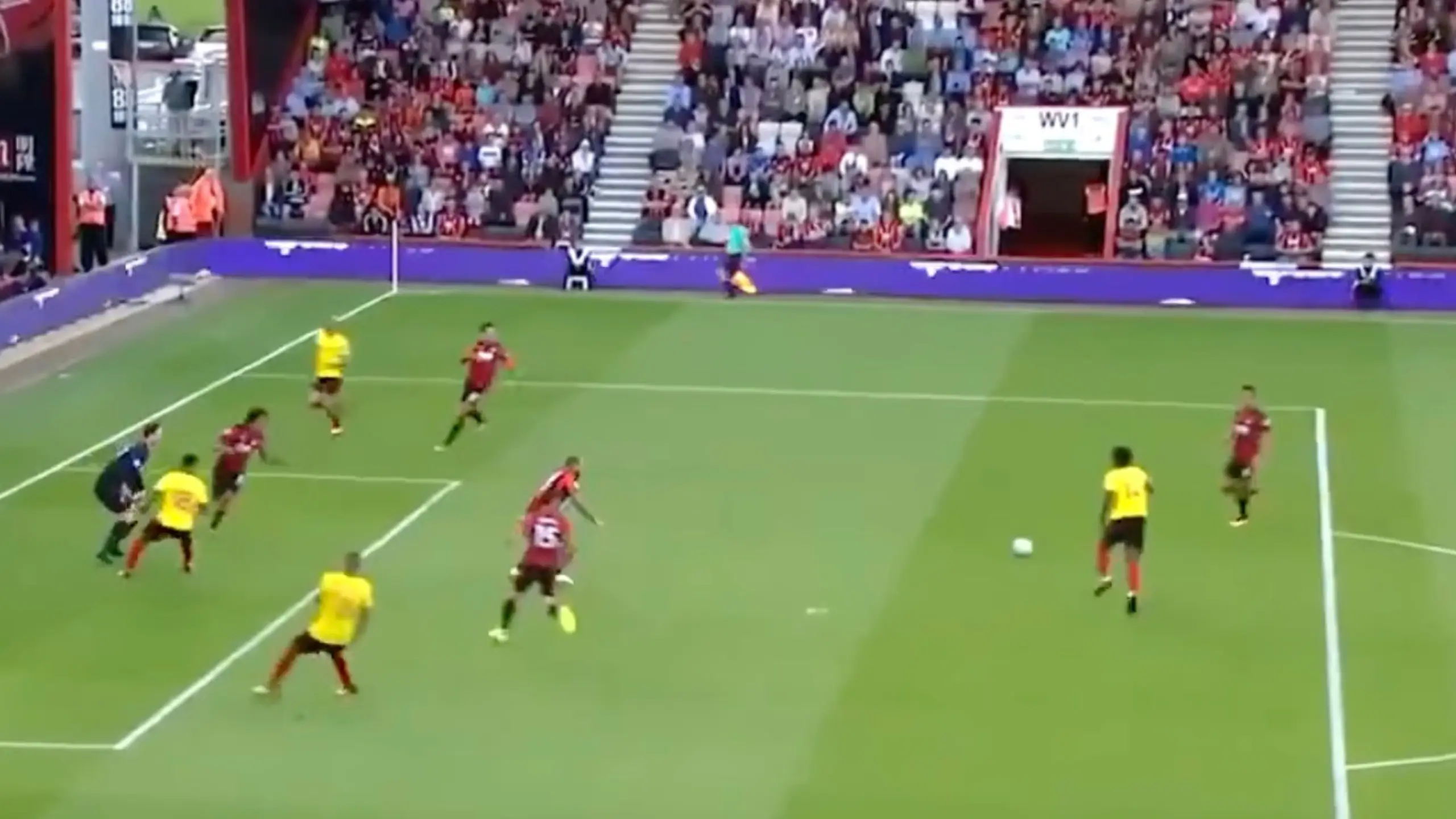
A two-word phrase was effectively banned from being used in professional football after what a Premier League player did during a match.
After matches finish, or while communicating on the touchline, you might notice how players often hold one hand over their mouth while speaking.
It is done to avoid key tactical information being picked up on television cameras and to stop opposing players from being able to lip-read what is being said.
And it can also stop potentially 'illegal' communication from being heard.
Advert
Inappropriate or abusive language towards another player or the referee usually results in a yellow or red card, though there is a little-known other example.
In 2017, Bournemouth midfielder Harry Arter appeared to shout the word 'Sid's' at Watford's Nathaniel Chalobah during a Premier League match.
Chalobah was about to receive the ball and have a shot at goal, but thought Arter's shout was from one of his own team-mates and left the ball.
Former Premier League referee Dermot Gallagher told Sky Sports that the Republic of Ireland midfielder should have been booked for the incident.
One look at the teamsheet from that day shows that there was no player called Sid playing for either side.
But The Athletic noted in 2021 how the name is commonly used as a code word for a player to 'leave it' - leave the ball to a team-mate.
Ex-Manchester City defender Nedum Onuoha described to the same outlet how the shout is 'one of those unwritten rules not to do, as it's literally cheating'.
A player can be deemed to have verbally distracted an opponent under official football law, meaning a punishment can be given out by the referee.
As a result, the word 'leave it' itself is not strictly banned, but depends on the context involved - with Arter's shout appearing to be a clear breach of the rule and drawing attention to it, meaning referees keep a closer eye on any future breaches.
Topics: Premier League, Football, Watford, Bournemouth